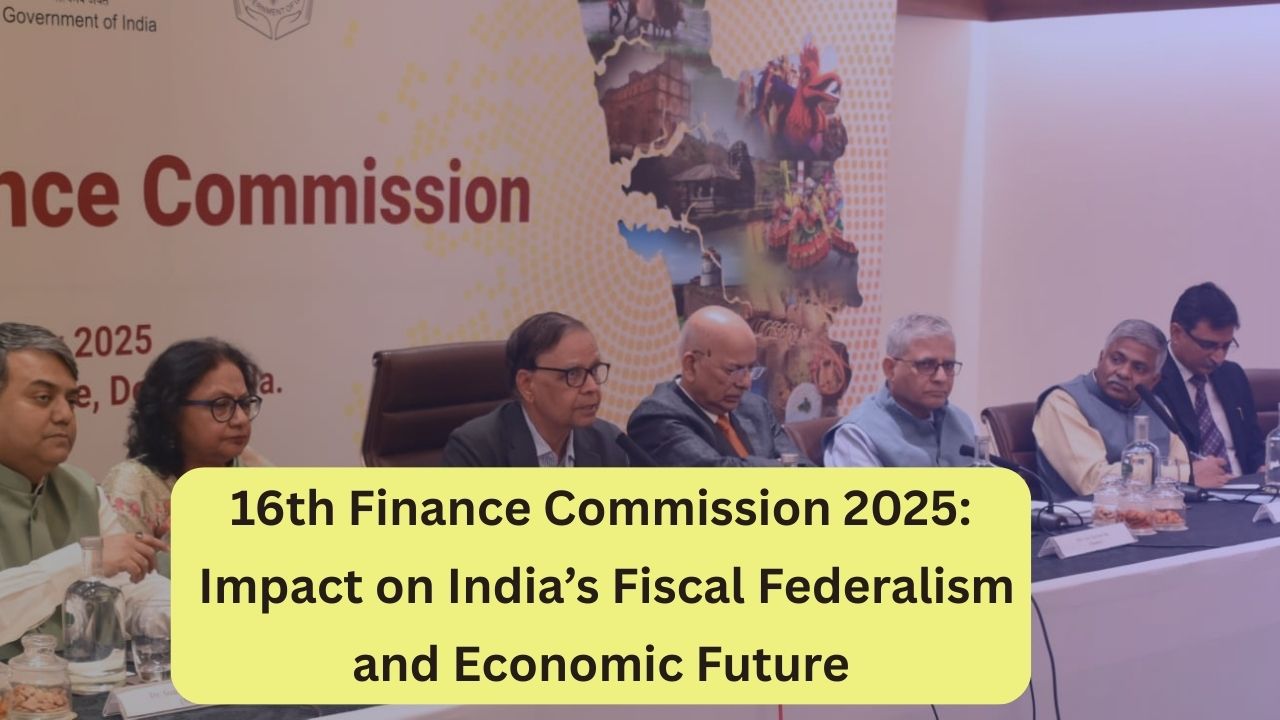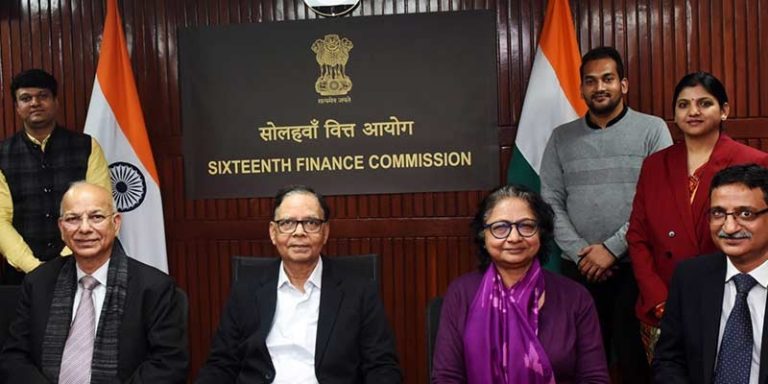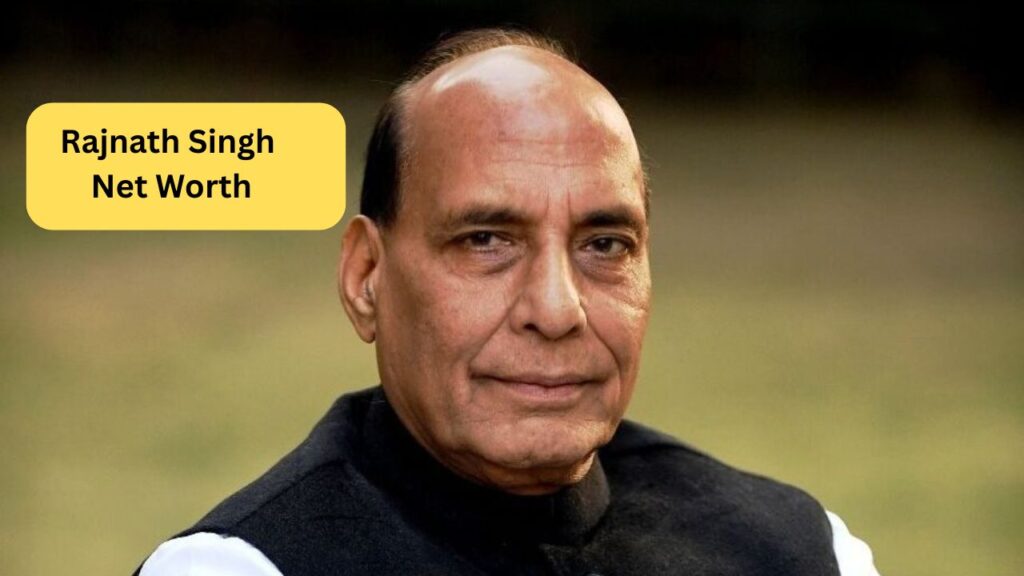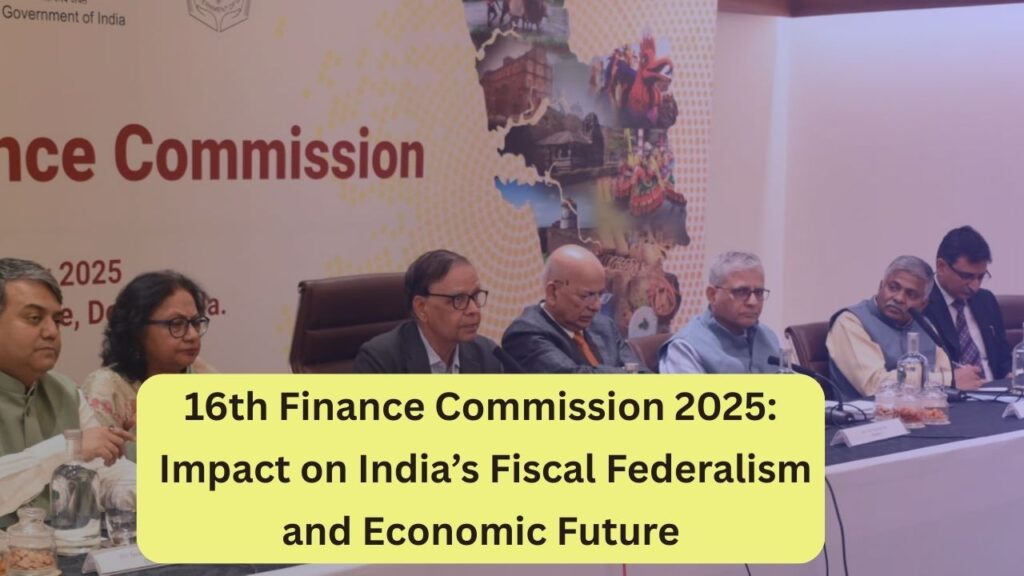16th Finance Commission 2025: Impact on India’s Fiscal Federalism and Economic Future
taazatimeupdate.com
Published on: 15May2025


As Indian states intensify demands for greater fiscal autonomy and a larger share in the divisible tax pool, the 16th Finance Commission (FC) faces a pivotal challenge—how to balance national economic stability with equitable state-level empowerment.
What is the 16th Finance Commission?
The 16th Finance Commission was set up in December 2023 under Article 280 of the Indian Constitution. Headed by Arvind Panagariya, this key body has the task of recommending how tax revenues should be shared between the Centre and states for the period 2026–31—a decision that could reshape the structure of India’s fiscal federalism.
Current Tax Devolution: A Disparity Between Promise and Reality
While the 15th Finance Commission fixed the states’ share at 41%, the actual amount reaching the states is closer to 32%. Why this gap?
Key Reason:
The Centre’s increasing reliance on cesses and surcharges, which are not shareable with states, has effectively shrunk the divisible tax pool.
👉 In 2011–12, 88.6% of gross tax revenue was divisible. By 2021–22, this dropped to 78.9% (RBI Data).
Challenges Before the 16th Finance Commission
1. Shrinking Divisible Pool & Rising Cesses
States are pushing back, calling for:
- Caps on cesses/surcharges
- An increased share of 50% in the divisible pool
2. Fiscal Pressure on the Centre
- The Union government already borrows heavily to meet grant commitments.
- There’s limited room to raise transfers without jeopardizing macroeconomic stability.
3. Tied vs. Untied Transfers
Currently, a majority of funds are tied to Centrally Sponsored Schemes (CSS), limiting states’ flexibility.
Proposal:
- Reduce tied transfers
- Boost untied funds, giving states more control over how funds are spent
Challenge:
Cutting CSS is politically sensitive and developmentally complex.

Risks of Increasing United Transfers
While states want more freedom, it brings risks:
🔸 Quality of Spending
- States like Karnataka and Punjab are experiencing worsening revenue deficits
- Undivided funds might be diverted toward populist subsidies like free electricity and water, rather than long-term investments
🔸 Rise of Cash Transfer Schemes
- As many as 14 states have introduced quasi-universal income support schemes.
- These schemes now make up 0.6% of India’s GDP (Axis Bank Report)
- Concern: United transfers may fund vote-winning populism over systemic reform
Equity in Public Service Delivery: Will More Freedom Help?
There’s a stark contrast in public service investment:
- Bihar and other low-income states spend far less per capita
- A key question for the 16th FC:
- Can more untied funding bridge the gap between richer and poorer states?
Local Governments Still Underfunded
India’s third tier of governance—panchayats and municipalities—remains neglected in terms of public finance.
In contrast:
- China and South Africa allocate significantly more to local bodies.
Opportunity:
The 16th FC could recommend untied incentives to push states toward greater devolution of resources to the grassroots.
The Road Ahead: A Balanced & Bold Vision
Key Recommendations Moving Forward:
- Caps cesses/surcharges to enlarge the divisible pool
- Rationalize CSS to reduce redundancy and inefficiency
- Boost untied transfers—but with accountability checks
- Encourage devolution to local bodies with performance-linked grants
- Differentiate state-wise strategies based on their development needs, fiscal strength, and governance capacity
Striking the Right Balance for Cooperative Federalism
The 16th Finance Commission has a delicate balancing act—enhancing state autonomy without compromising national fiscal discipline.
A well-calibrated transfer mechanism—anchored in fairness, flexibility, and accountability—could be the catalyst for a stronger, more cooperative federal India.







